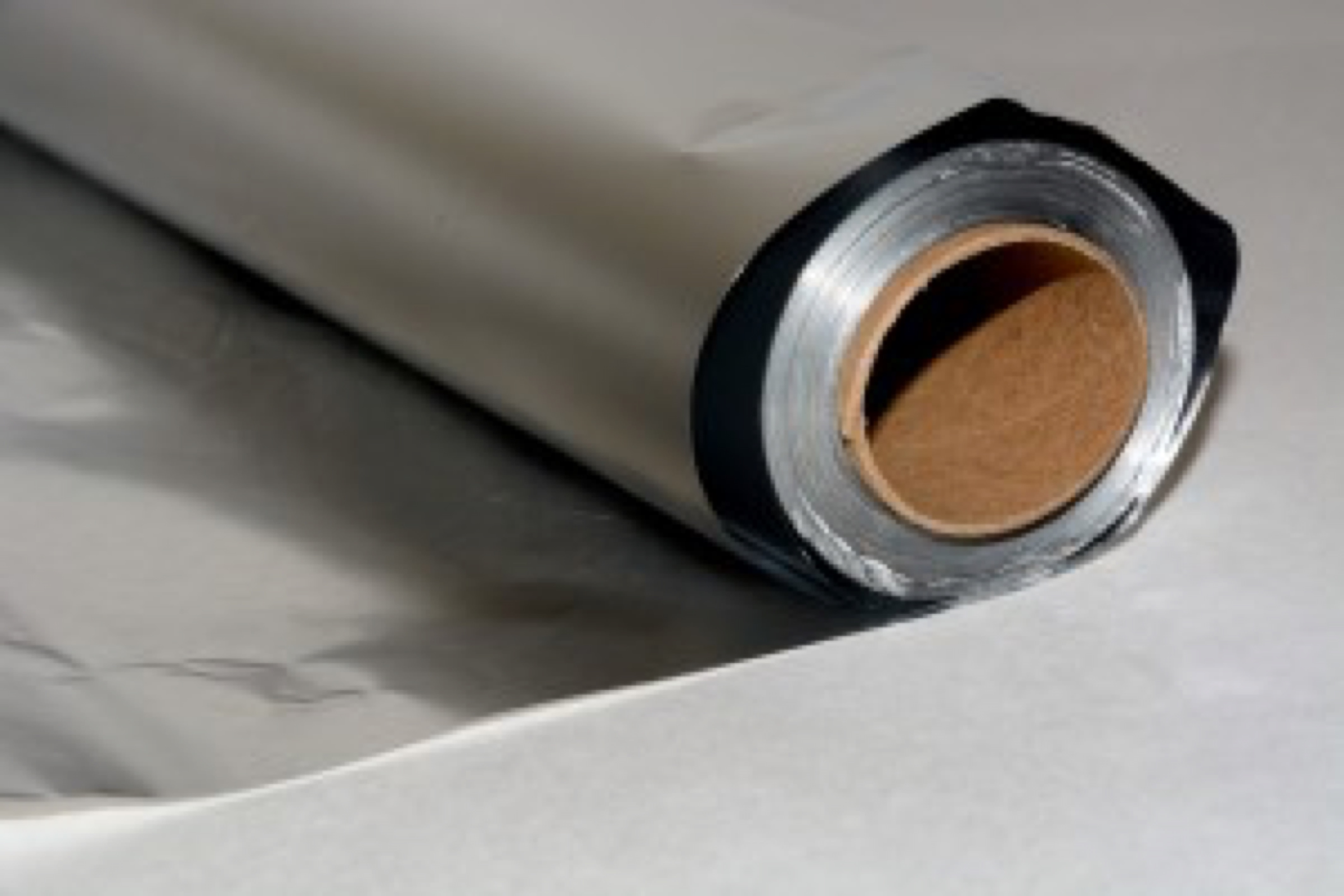The Downside of Aluminium Foil
 Aluminum foil, which was first introduced in the early 1900s, is currently one of the most commonly used items in our kitchens. While it is extremely versatile (being used for cooking and wrapping), it is neurotoxic by nature. This means it can negatively affect the brain function, perhaps even going as far as to be a factor in the onset of Alzheimer's disease.
Medical experts have found that cooking with aluminum foil impacts bone health because the metal accumulates in the bones and can lead to a loss of calcium.
Aluminum foil, which was first introduced in the early 1900s, is currently one of the most commonly used items in our kitchens. While it is extremely versatile (being used for cooking and wrapping), it is neurotoxic by nature. This means it can negatively affect the brain function, perhaps even going as far as to be a factor in the onset of Alzheimer's disease.
Medical experts have found that cooking with aluminum foil impacts bone health because the metal accumulates in the bones and can lead to a loss of calcium.
Aluminum foil has now become a considerable cause for concern
When exposed to high temperatures through baking or grilling, the little bits of the aluminum metal end up in our food while adding certain spices or lemons may cause chemical leaching of aluminum.Essam Zubaidy, a chemical engineering researcher at the American University of Sharjah, has carried out extensive research looking at the effects of aluminum on cooking. He found that a meal cooked in aluminum foil may contain up to 400 mg of aluminum. He says: “The higher the temperature, the more the leaching. Foil is not suitable for cooking nor for using with vegetables like tomatoes, citrus juice or spices.”
Here are some of those concerns
- One problem is that the aluminium foil is actually a neurotoxic heavy metal - known to cause minor to severe brain dysfunction, with links to Alzheimer’s disease as well as other conditions including memory loss, a lack of focus and concentration for a reasonable period of time, problems with balance and a loss of control.
- The new belief is that using aluminium foil to prepare meals can cause a problem to our bone structure by depleting the calcium levels which in turn can lower our bone density and make it brittle.
- Another problem caused by aluminum foil is a respiratory one because it is now understood that when aluminium foil particles are inhaled, they can cause pulmonary fibrosis.
- Even using aluminum foil to grill fish and meat is now not considered safe either. This is because the aluminium foil releases chemical compounds into food when subjected to high temperatures.
How can you reduce your aluminum exposure?
One of the most common metals around, aluminum is used in the production of many every-day products and foods:- Foods include baking powder, self rising flour, processed salt, baby formula, coffee creamers, baked goods and processed foods, coloring and caking agents.
- Drugs including antacids, aspirin, anti-diarrhea medications and more.
- Additives such as magnesium stearate.
- Vaccines such as Hepatitis A and B, Hib, DTaP (diphtheria, tetanus, pertussis), pneumococcal vaccine, Gardasil (HPV) and others.
- Cosmetics and personal care products including antiperspirants, deodorants, lotions, sunscreens and shampoos.
- Consumer products with aluminum are cans, juice pouches, tins and water bottles.
- There are also cookware ranges made from aluminum.


